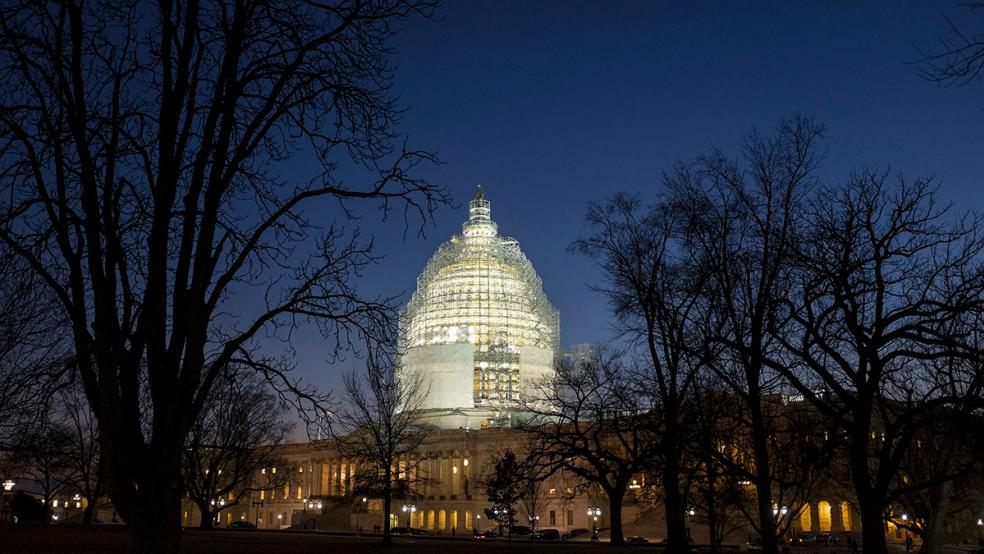After congressional ethics experts, voters, and President-elect Donald Trump forced House Republicans to back down last week from a rules change that would have eviscerated the independent Office of Congressional Ethics, one important sentence quietly slipped through another rule change.
That sentence enables individual members to hide official documents that could prove embarrassing or even incriminating if they were suddenly investigated by the ethics office or the Justice Department for criminal activity.
Related: Republicans Risk ‘Expanding the Swamp’ by Ramming Through Cabinet Picks
The new rule states that records created, generated or received by the congressional office of a House member “are exclusively the personal property of the individual member” and that the member “has control over such records,” according to a report by OpenSecrets.org.
While the rule change might seem relatively benign on the surface, it has severe and troubling implications for future ethical oversight and investigations of members of Congress as the Republicans fully take charge of Congress and the White House.
Sheila Krumholz, executive director of the Center for Responsive Politics, said Monday that the rules change “is not good” and threatens to erode ethical oversight in government further. She said it leads to a situation where “There’s no cop on the beat – that we’ve lost a critical element of independent oversight” over government records and members’ activities.
“Why on earth would Congress now create barriers to investigation and subpoenas of a member’s spending records?” she added. “This only benefits the incumbent politicians who passed this rule and those who would flout it, not the system and certainly not the public.
Related: Conflicts of Interest With Trump’s Businesses Are Already Occurring
Congressional Republicans have long complained of what they consider an overly aggressive ethics office and probes that deny them due process. Had the new rule been in effect before, federal prosecutors likely would have had a much harder time making a case against former Illinois Republican House member Aaron Schock, a one-time rising star who was forced to resign in the wake of revelations of lavish government spending. That spending included a $40,000 “Downton Abbey”-style redecoration of his Capitol Hill office, complete with a $5,000 chandelier.
Schock was charged with wire fraud, making false statements and filing false federal income tax returns in a 52-page indictment filed last November. But before the indictment, Schock’s lawyers and the Justice Department argued over who held control of his financial documents, which included records of expenditures for redecorating and other purchases. Schock’s lawyers argued and lost the argument that the former House member was protected from having to produce the records – and potentially incriminating himself -- under the Fifth Amendment.
Related: GOP House, Off to a Shaky Start, Backtracks on Killing Ethics Panel
For sure, there will be a need for heightened vigilance of Congress and the incoming Trump administration in the coming years, as congressional Republicans continue to try to soften ethical oversight rules and Trump and his wealthy cabinet members seek to navigate past media and public watchdog concerns about potential conflicts of interest.
Chaka Fattah (D-PA) was convicted on 23 counts of racketeering, fraud and other corruption charges last year. He was sentenced to 10 years in prison on December 12.
Rep. Duncan Hunter (R-CA) has been under a review by the Office of Congressional Ethics for the past year for allegations that he siphoned off tens of thousands of dollars of campaign fund for personal use, including his children’s private school tuition and lunches, trips to Disney Land and SeaWorld, jewelry and sporting goods. The San Diego Union-Tribune, which has been aggressively covering the case, reported last week that Hunter used campaign funds to pay for $600 of airline fees to fly a pet rabbit.
It remains to be seen whether the new House rule will greatly complicate any thorough examination of Hunter’s campaign and congressional office spending practices.





